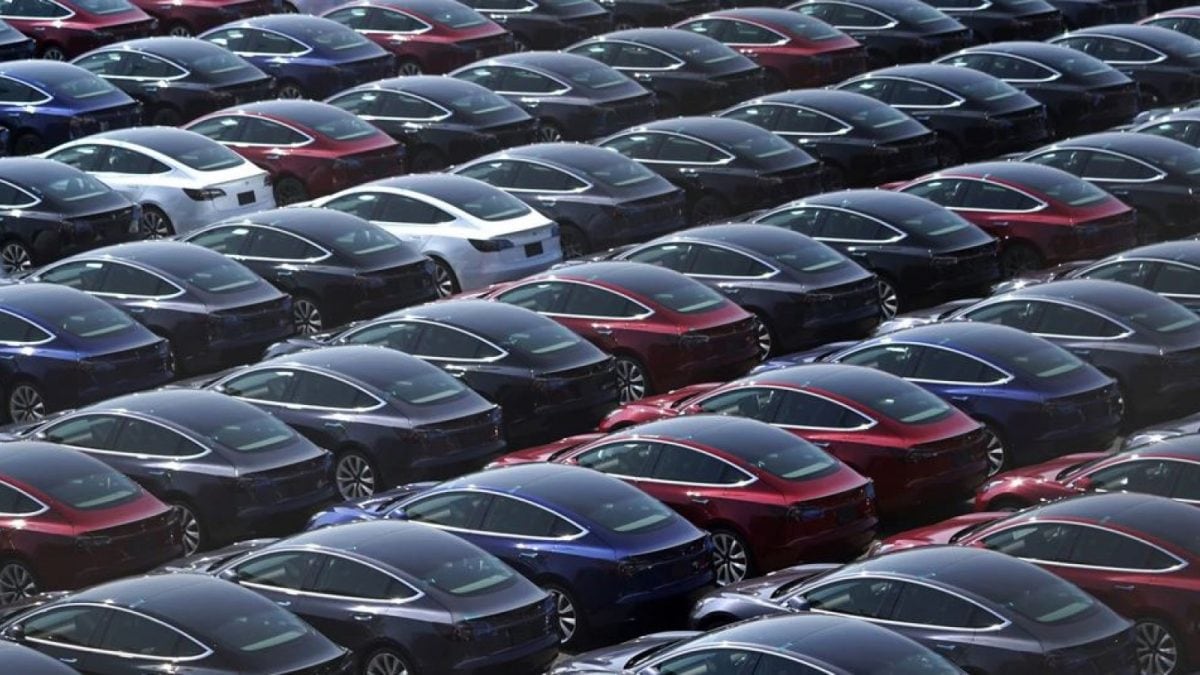President-elect Donald Trump has reportedly asked his transition team to look for ways to end an electric vehicle (EV) tax credit system that helps Americans afford the switch to electric cars. If they’re successful, a new report says, the move could cut EV sales by about a quarter.
About the EV Tax Credit
A feature of 2022’s Inflation Reduction Act, the tax credit system provides Americans a tax credit of up to $7,500 toward the purchase of a new electric car or $4,000 toward a used EV.
Related: How Do EV Tax Credits Work?
Buyers are subject to income limits. Cars have price caps and must use a minimum percentage of resources from the U.S. or certain trade partners, which increases every year. That increasing requirement will likely reduce the number of qualifying vehicles in January. The number tends to climb again as the year goes on and automakers shift supply lines out of China to comply.
When shoppers lease an EV, all those requirements are waived. Leased EVs qualify for the credit no matter how much they cost or where they’re built – an IRS loophole that upset some lawmakers who helped write the act.
Buyers can use the credit as a down payment.
Politically Controversial
The outgoing Biden administration often touted the Inflation Reduction Act as a signature achievement. President-elect Trump critiqued it on the stump and promised to end some of its major provisions.
Impact up to 27%
In a study for the National Bureau of Economic Research, Joseph Shapiro of the University of California, Berkeley, and Felix Tintelnot of Duke University found that ending the tax credit could cut EV sales by up to 27%.
The same happened in Germany, The New York Times reports, as “electric vehicle sales tumbled 27% in the first 10 months of the year [2024] after the government last December abruptly canceled an incentive worth $4,900.”
Wouldn’t End EV Transition
Shapiro tells Yahoo Finance the impact, while substantial, could be blunted by other factors in the auto industry. “EV sales increased over 40% year on year in 2023, meaning sales could be at a ‘flatline’ if the tax credit were repealed,” the publication explains.
We’d also note that most cars are now sold in many countries. A policy change in just one isn’t likely to derail automakers’ long-term plans. Product planners in the auto industry make few decisions with a horizon as short as one presidential term.
Automakers must also comply with state laws. California, Maryland, Massachusetts, New Jersey, New York, Oregon, and Washington have all banned the sale of new gas-powered cars within their borders after 2035. All will allow the import of gas-powered cars from other states, and none will ban the sale of used gas-powered cars.
President’s Powers Limited Here
The Biden White House didn’t create the tax credit. Congress did.
The Trump White House can’t end the tax credit. Only Congress can.
Automakers and battery builders have moved factories to the U.S. in response to the tax credit and other subsidies. That has created tens of thousands of jobs. Many of those facilities, like Ford’s immense Blue Oval City in Tennessee and the Hyundai Motor Group Metaplant America in Georgia, are under construction in states traditionally represented by Republicans in Congress.
That would make repealing the credit politically complicated.
The Trump administration could, the Times notes, “direct the Treasury to change tax rules in ways that limit how many cars qualify for credits.”








